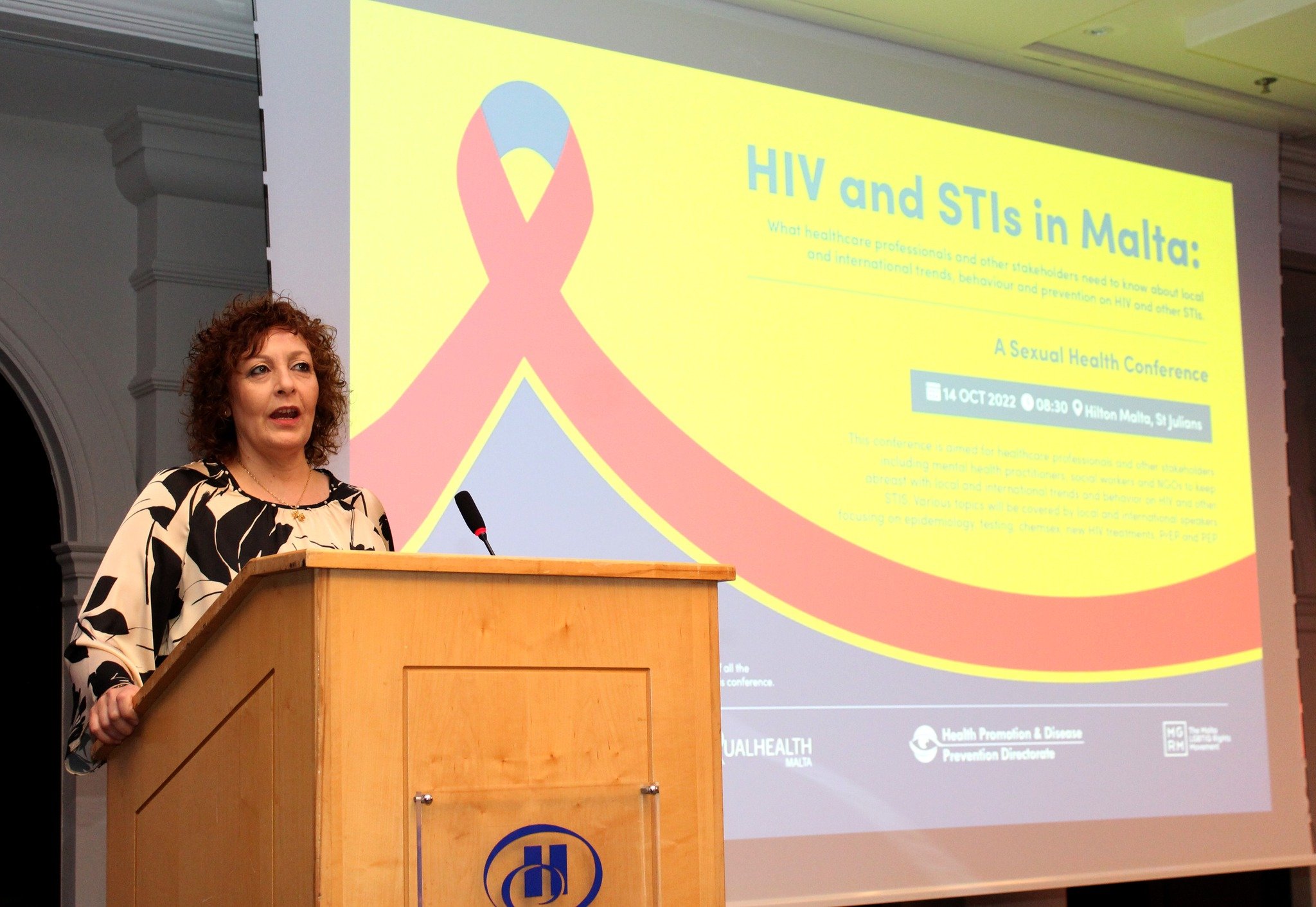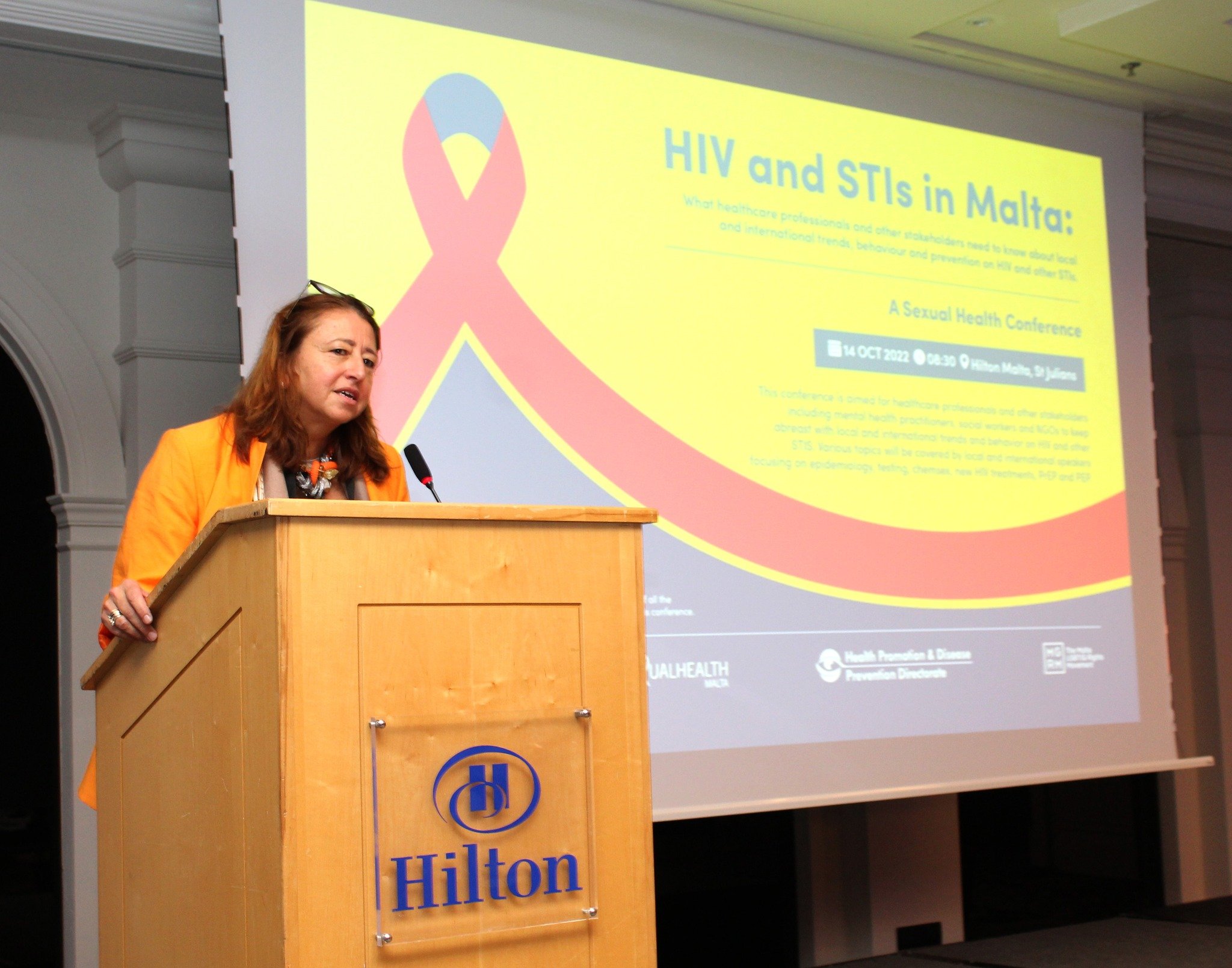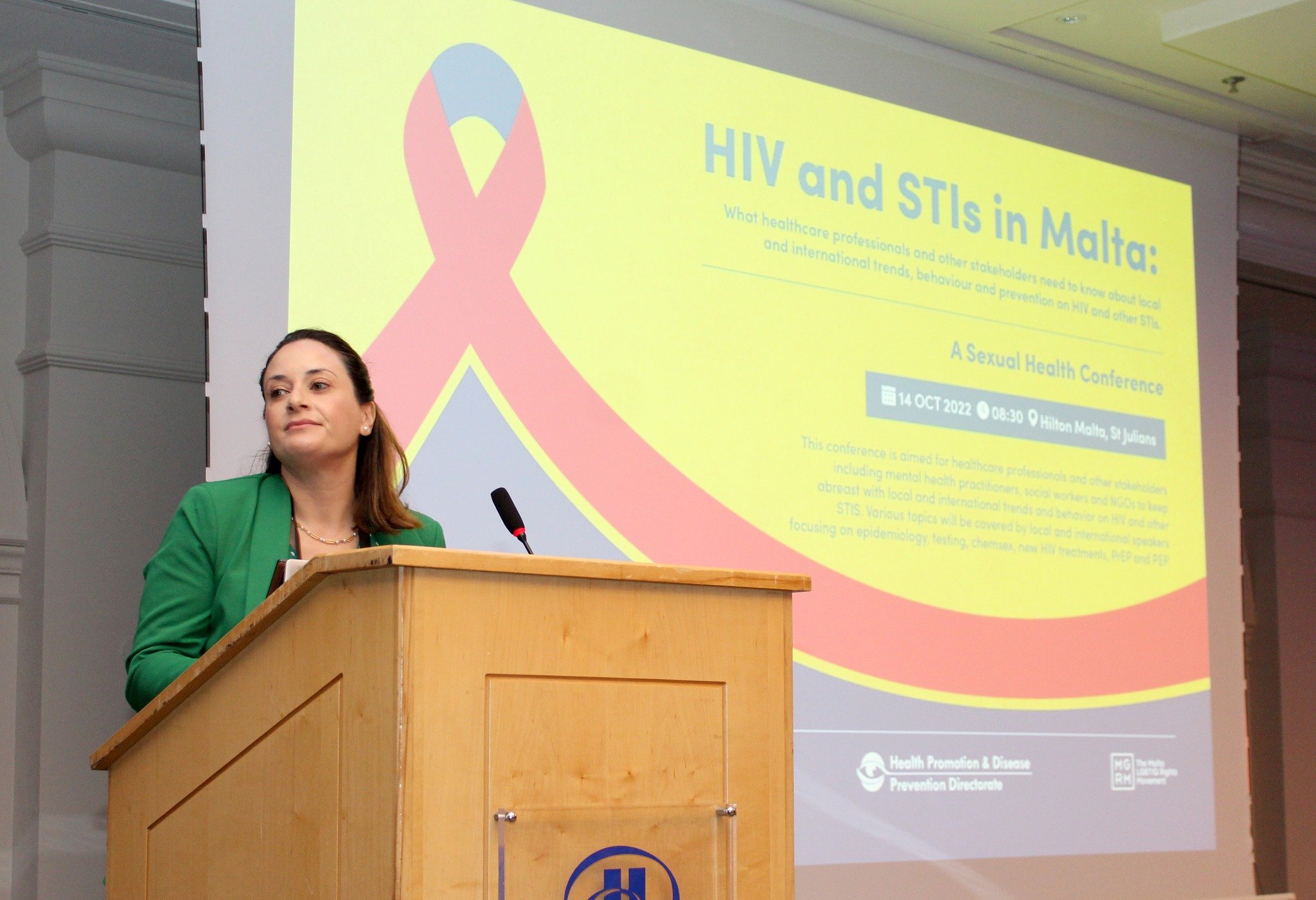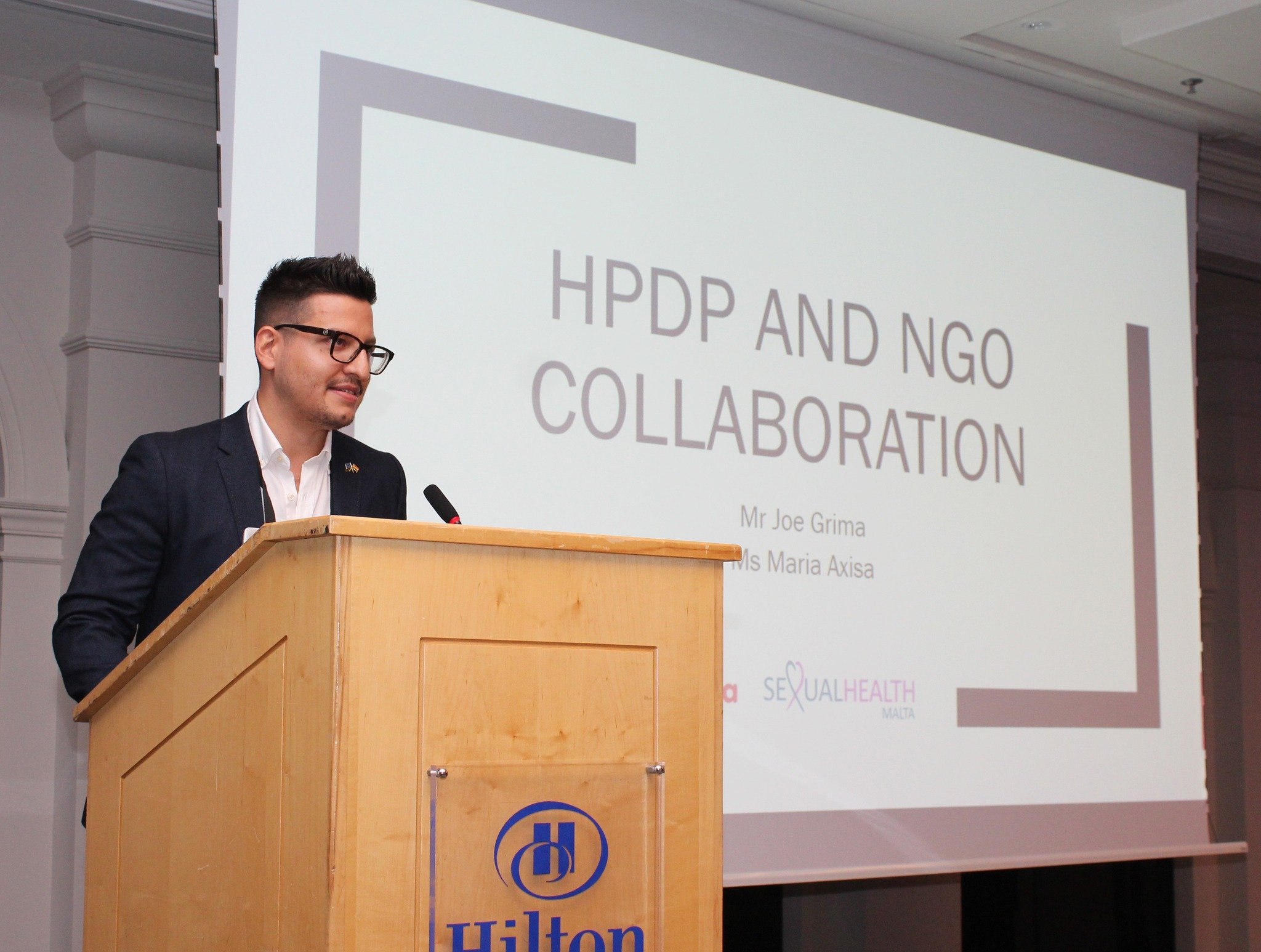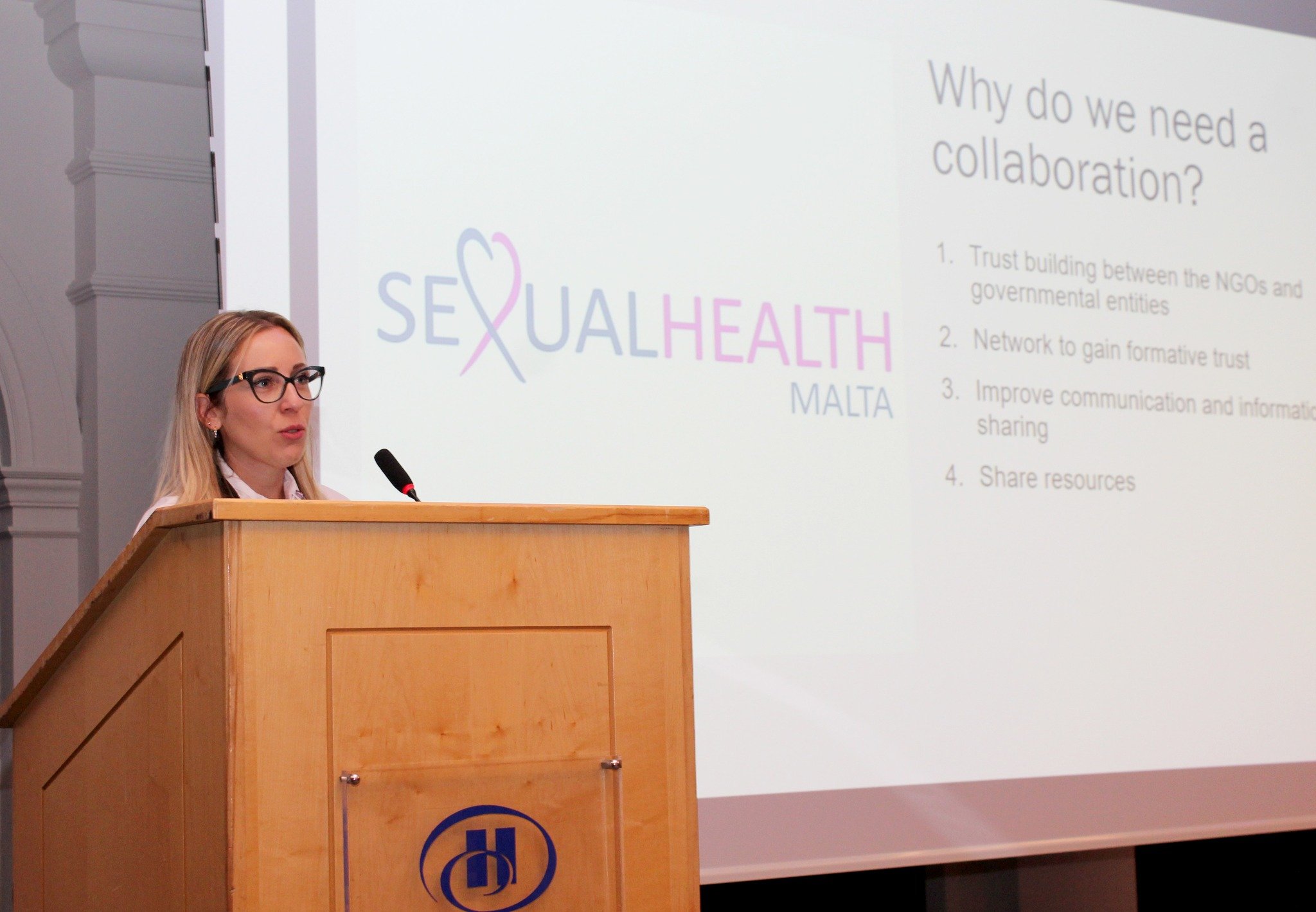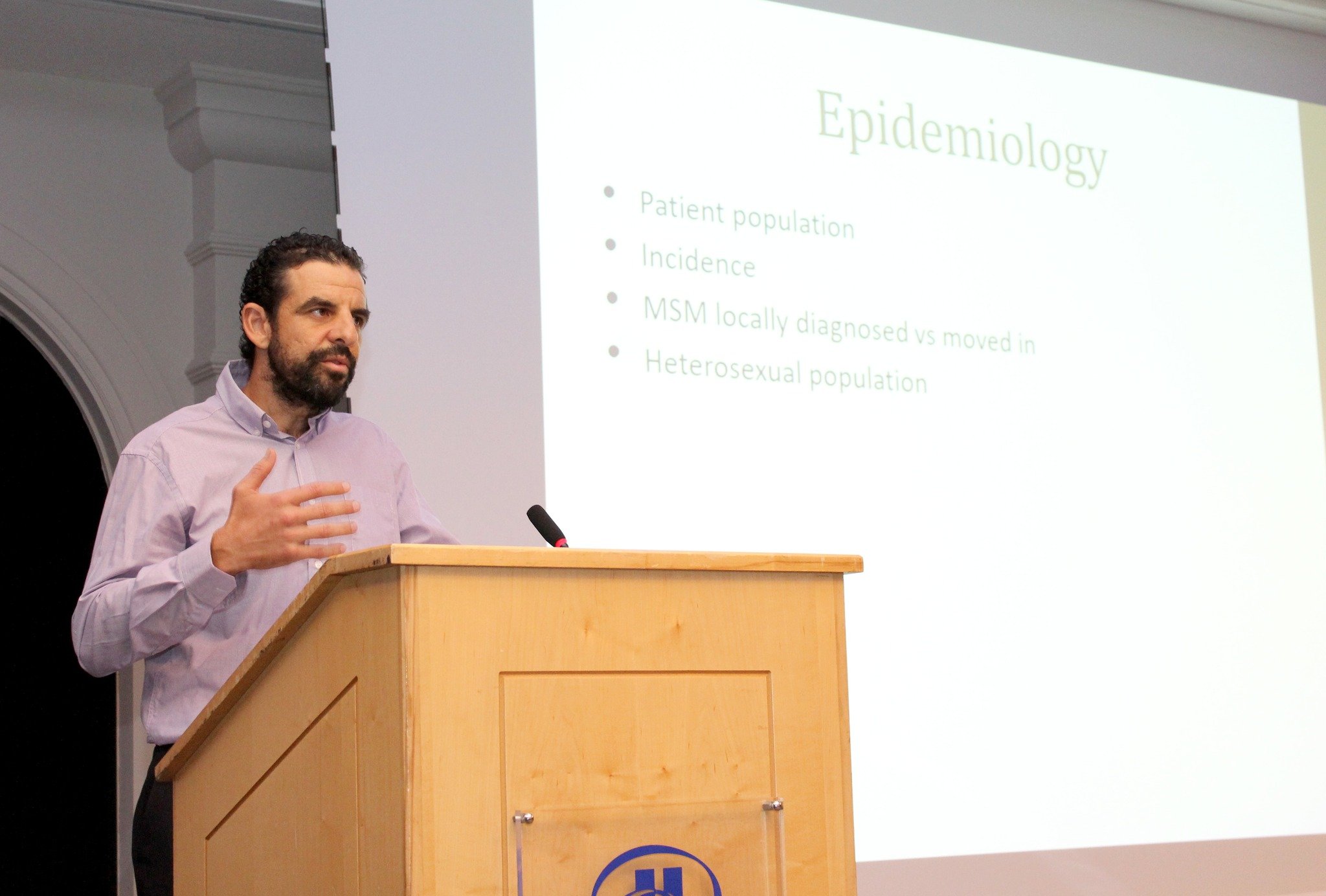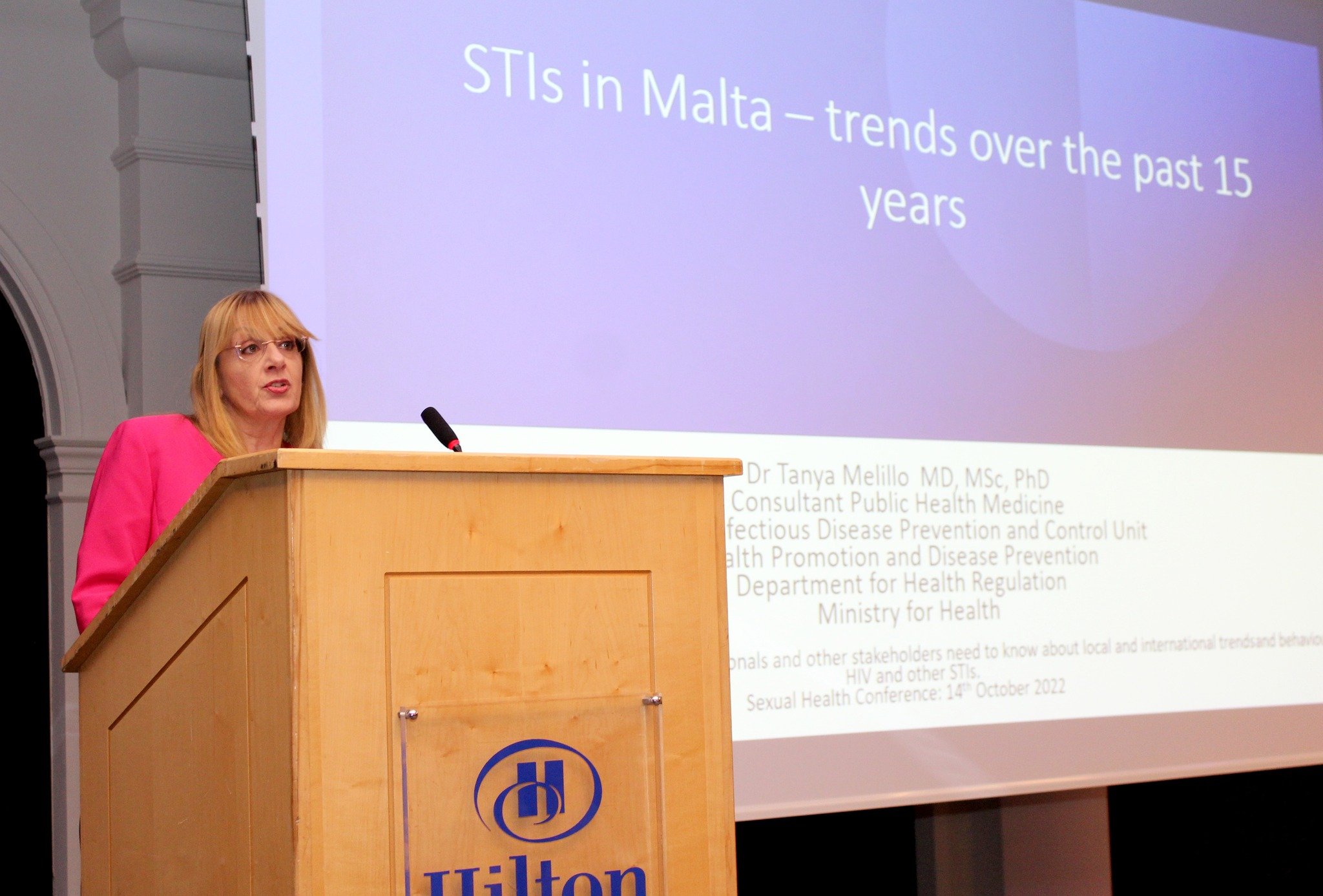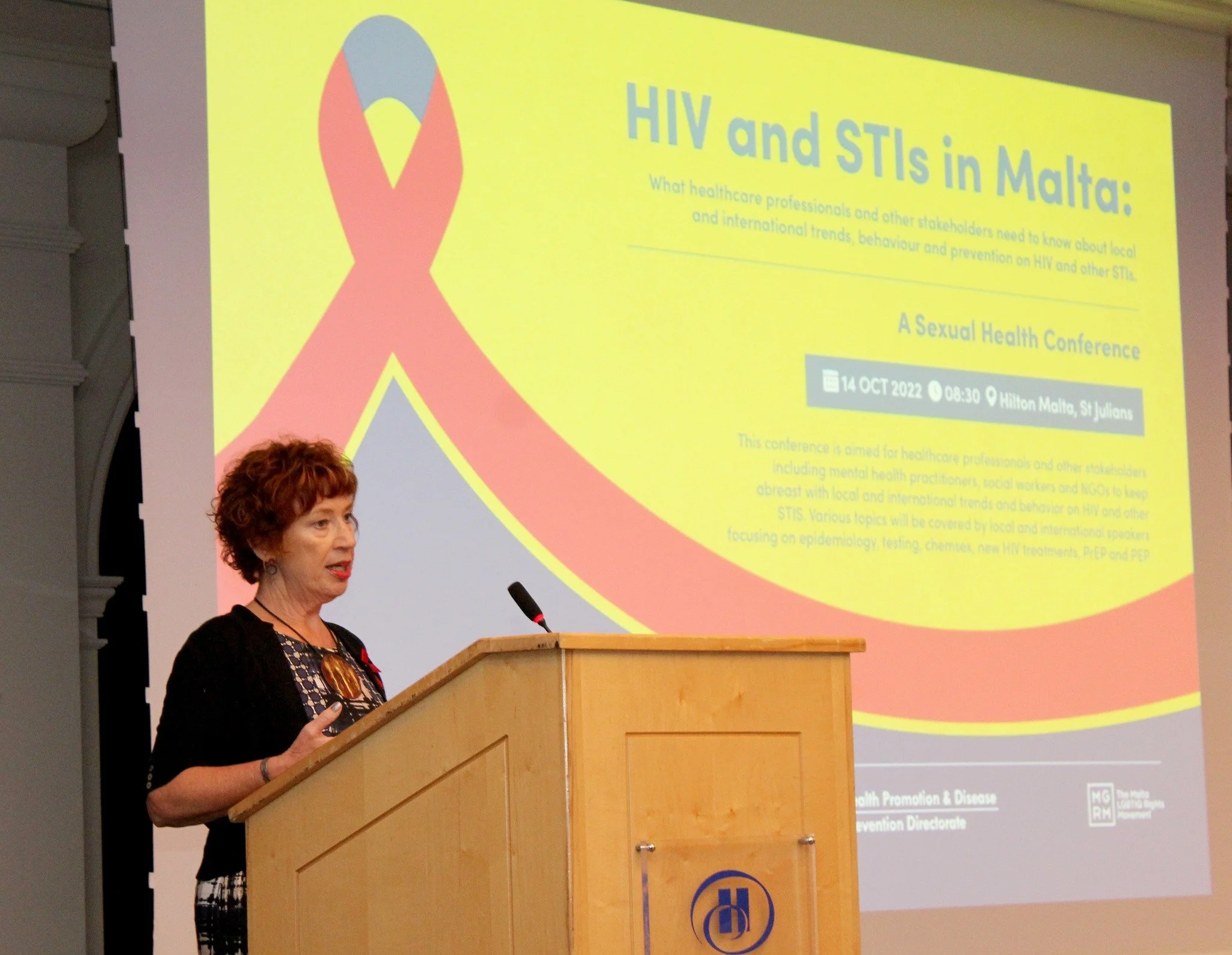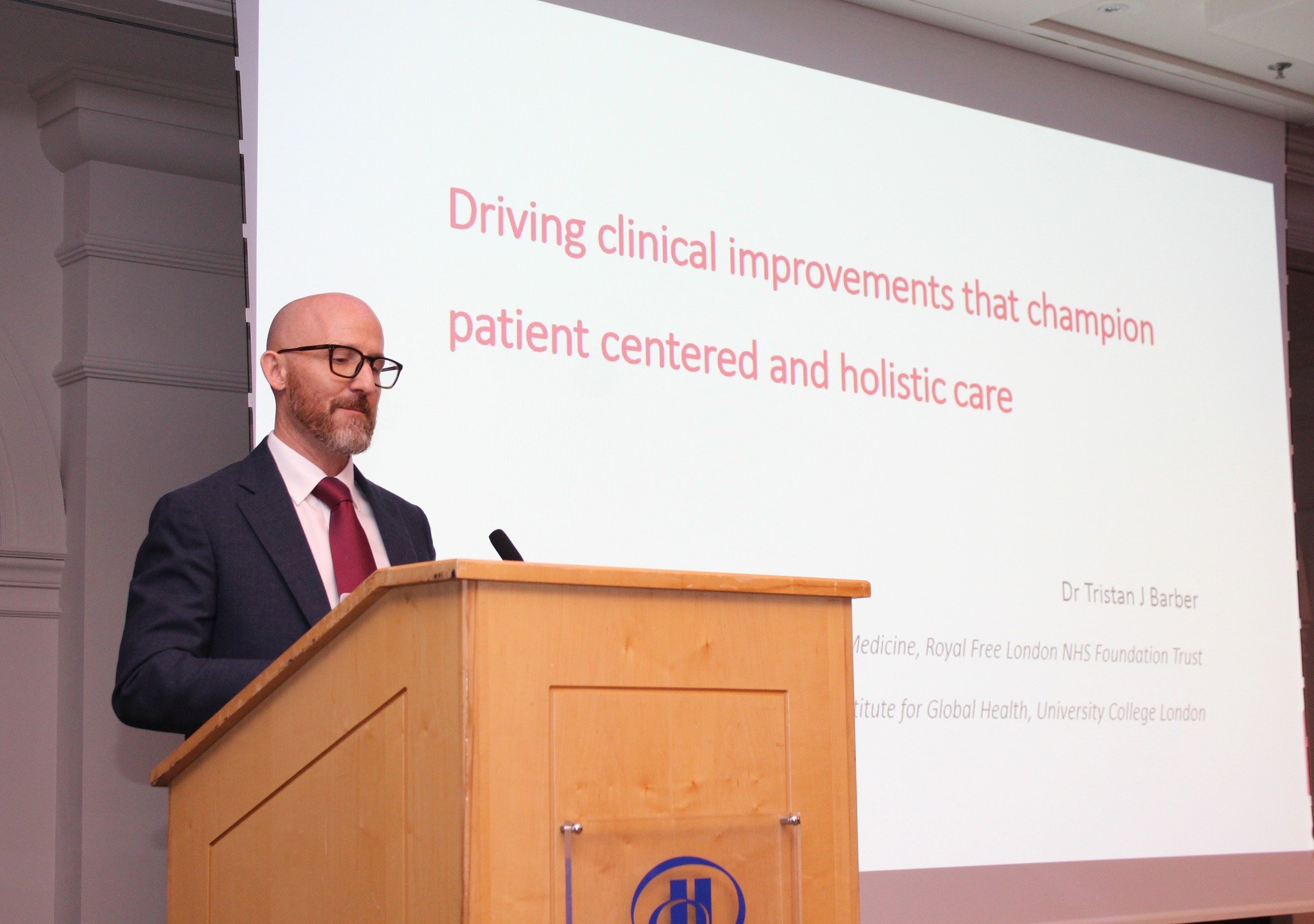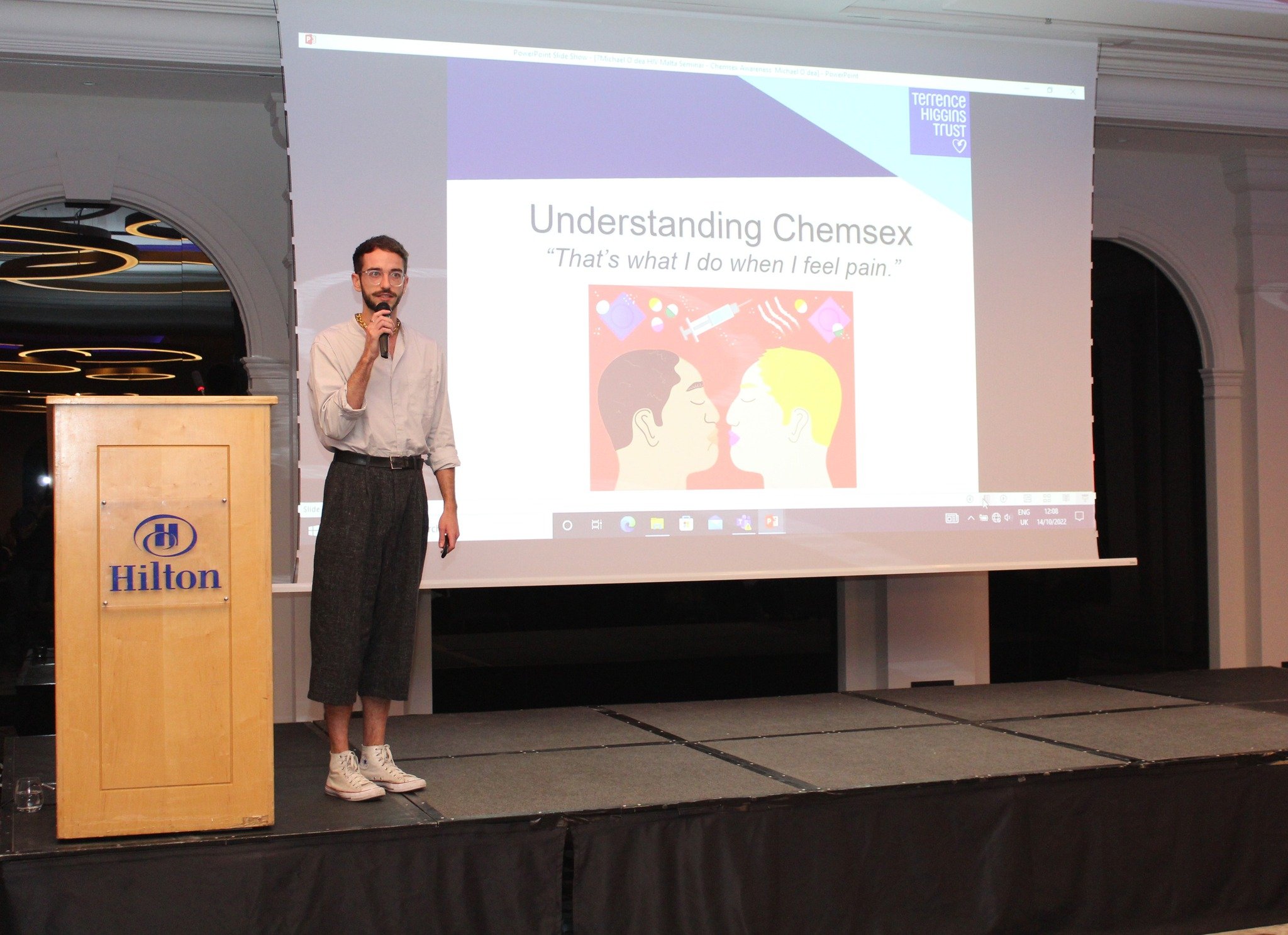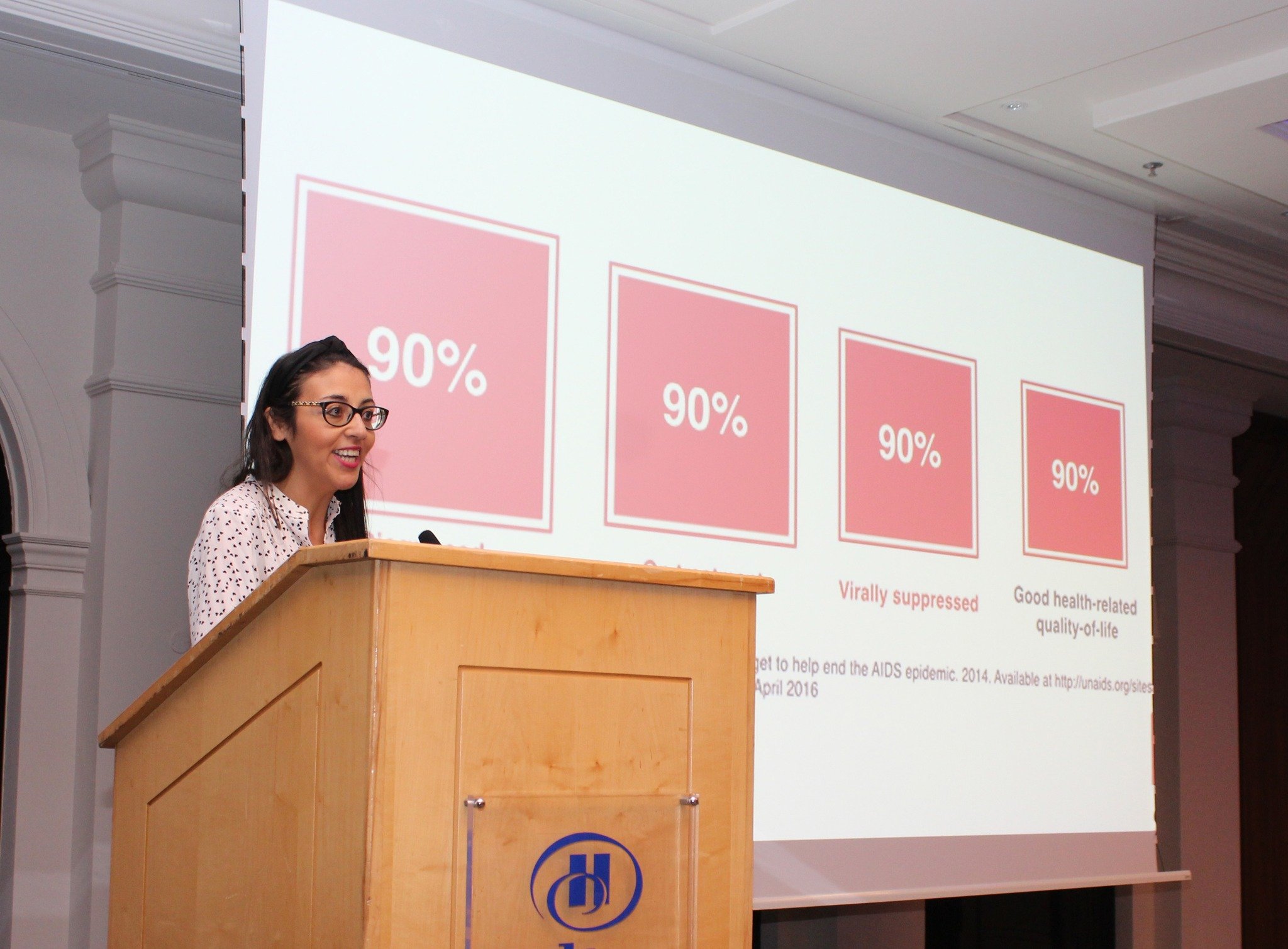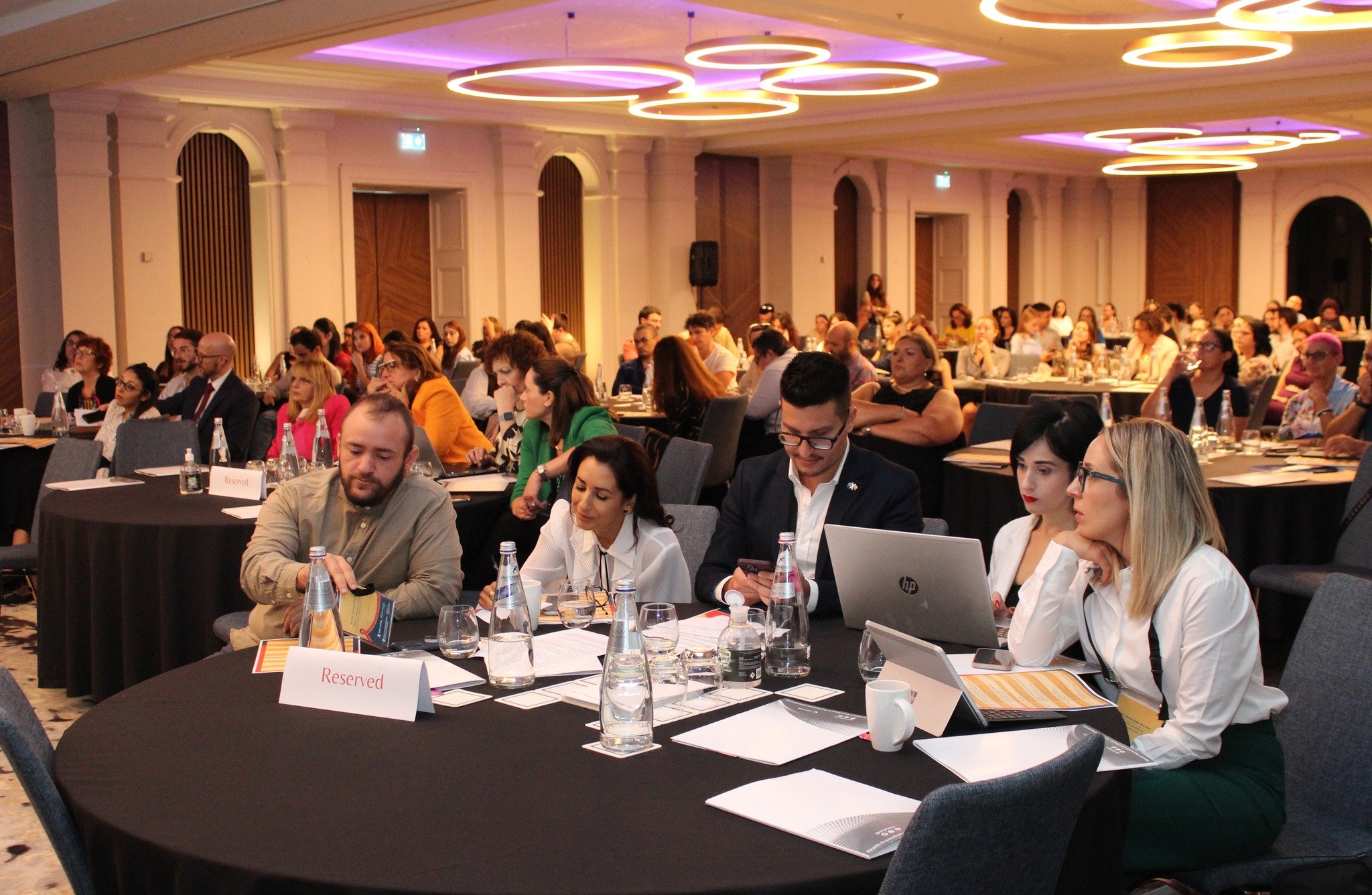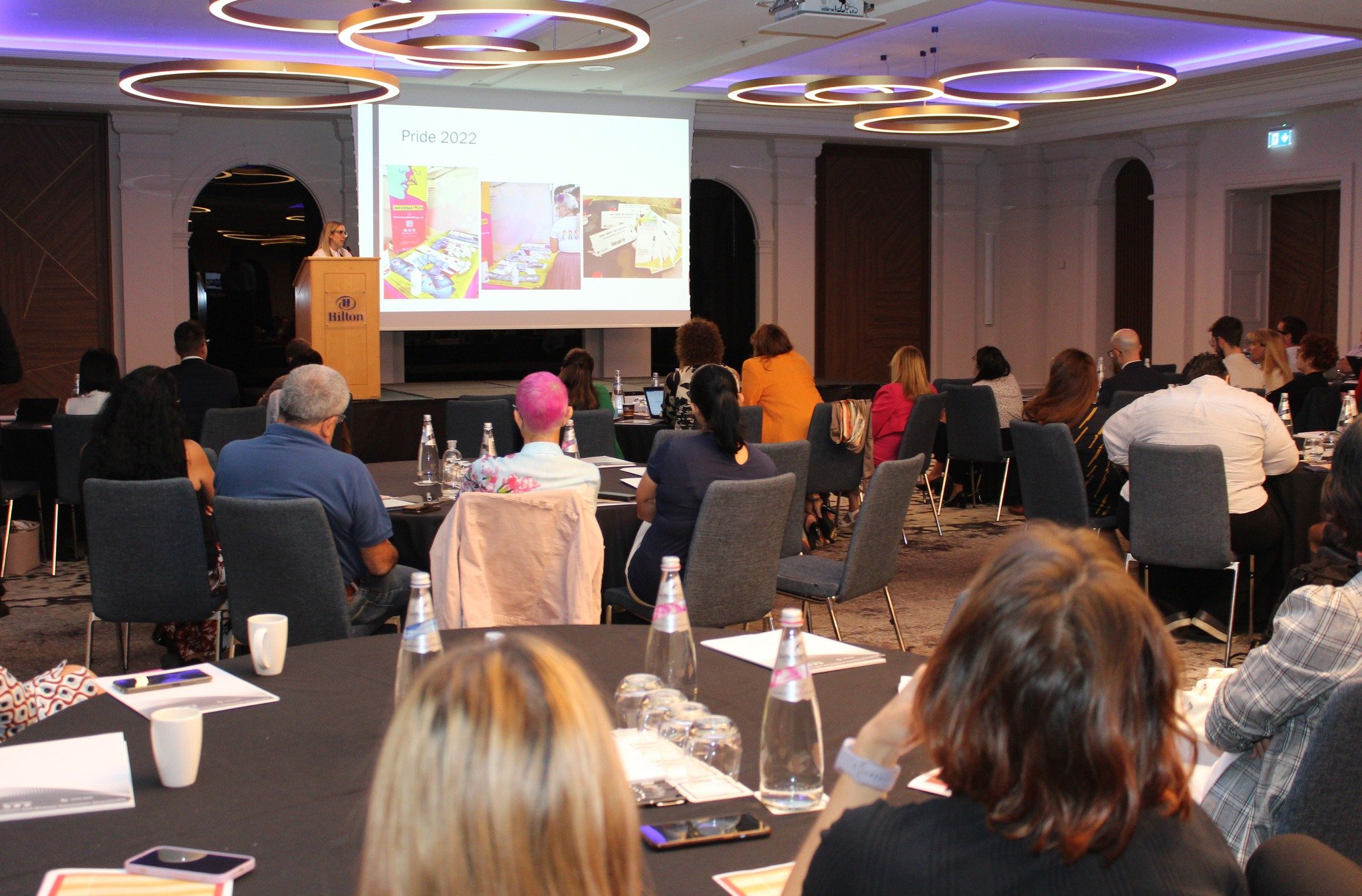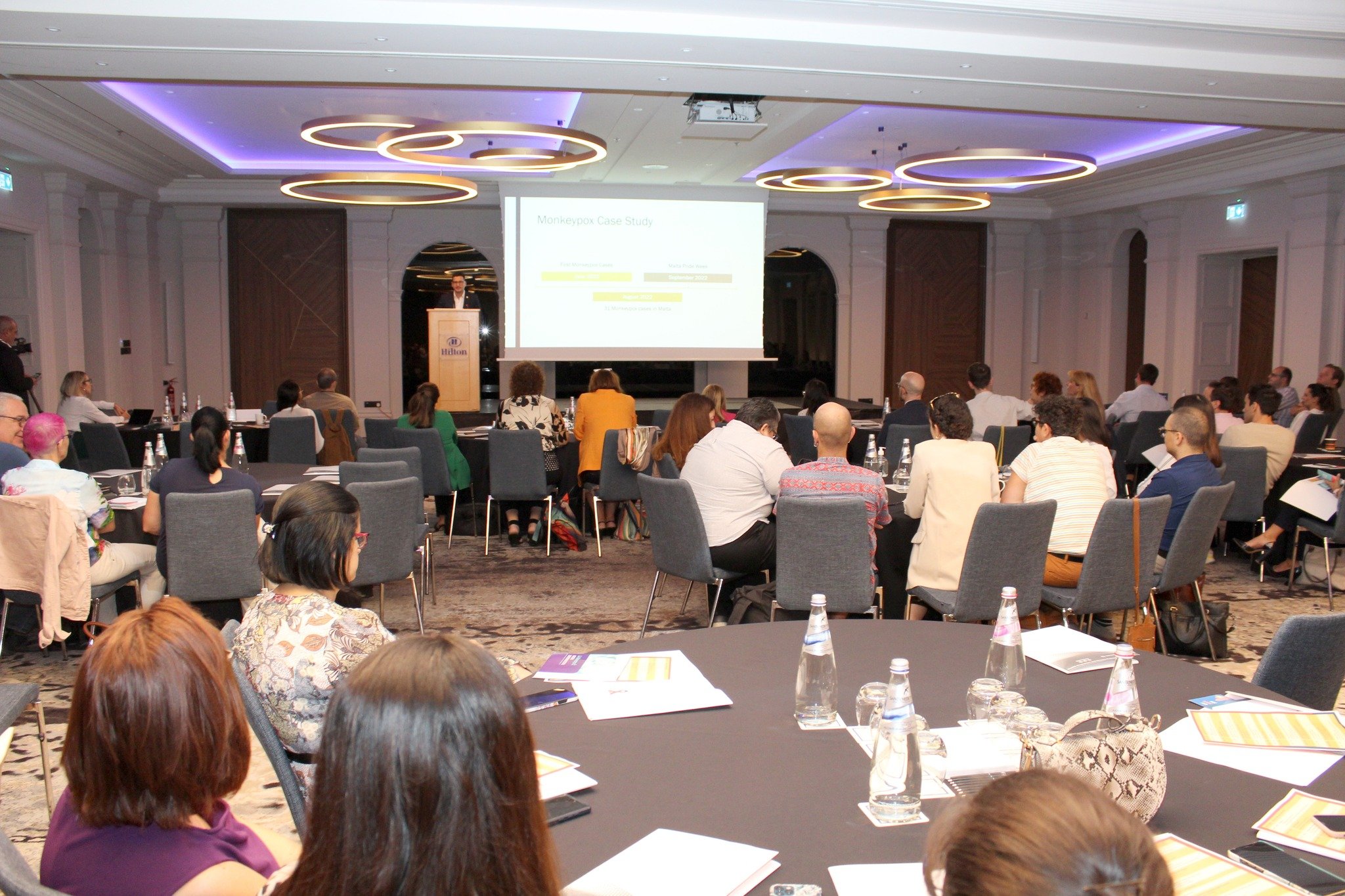2020 has been a globally challenging year. Our lives have become characterised by a pandemic that has all but taken over our lives, upsetting our routines and our plans. Today we remember the other global epidemic, that has taken close to 33 million lives since the first diagnosis, 690,000 of which were lost in 2019 alone. Now nearing 40 years since it was declared a global epidemic, HIV is still unnecessarily taking lives, also in Malta.
We have become collectively more aware of how a virus can upset our lives, and also the importance of effective and modern medication in stemming the spread of that virus. HIV medication has advanced so much that people living with HIV nowadays have a normal life expectancy, making the virus in their body undetectable. More importantly, it makes the virus untransmittable. Therefore, people with HIV, who are on effective medication have no health risks, and zero risk of passing on the virus. This scientific advancement could mean the end of the virus.
Ending the HIV epidemic in Malta requires a watertight strategy that is focused entirely on this objective. UNAIDS had set an ambitious 90:90:90 target to achieve this goal, where 90% of people with HIV know their status, 90% of those people are on medication, and 90% of those on medication are undetectable and untransmittable. In local terms, we can achieve this only if we strengthen three important pillars: 1) increase access to testing at the GU Clinic, 2) improve the medical regimen to make sure that all our local patients are on modern and effective treatment, and 3) ensure that preventative treatment is readily available.
Malta is on the cusp of strengthening all three pillars, yet something is clearly not working as it should be. Even with reduced testing in 2020, Malta saw 78 new diagnoses of which at least one was an AIDS diagnosis. Whilst more testing would consequently mean more diagnoses, the peculiarity of this year is that testing has decreased substantially yet diagnoses remain high.
This is against a background of a long-needed upgrade at the GU Clinic which is now equipped with modern testing facilities, including rapid tests for HIV, Gonorrhoea and Chlamydia, and crucially, excellent healthcare professionals. These professionals have however been crippled by COVID-19 measures that have all but ground them to a complete halt in 2020. Now that we seem to be approaching the end of the COVID-19 pandemic, we appeal to the authorities to devise and implement a plan to start resuming regular testing.
Meanwhile when it comes to medication, we are informed that new HIV medication that replaces the current severely outdated medication, has arrived in Malta, but it is not yet being distributed and dispensed to patients. We acknowledge that it was entirely opportune to dedicate our excellent consultants and medical professionals, who have decades of experience in handling HIV, to the COVID-19 pandemic. Nevertheless, here too, a plan is needed to resume focus on HIV. Medication that is available needs to be distributed if we want to regain control of this virus.
Finally, and perhaps most importantly, we need to make sure that preventative treatment is readily available especially amongst the population most vulnerable to HIV. Treatment exists in the form of PrEP (pre-exposure prophylaxis), which is a pill that when taken regularly by someone who is not already living with HIV reduces the risk of transmission by more than 99%. A prevention strategy that includes PrEP and condoms would mean that everyone is fully armed against all STIs. Just like the two other pillars, we are on the cusp of widespread distribution, yet at a current cost of EUR57 monthly, if taken daily, the medication remain inaccessible to those who are living with limited means.
Today is a day where we remember those we lost due to HIV. It is also a day where we work on a strategy to never lose another life unnecessarily. The COVID-19 taught us that society can come together to eradicate a virus. It has also shown that the health authorities have perhaps the most important responsibility of all to set the tone, create strategies and focus on achieving objectives. Finally we have learned that every life, and every pandemic, is a priority.
Malta LGBTIQ Rights Movement | HIV Malta



